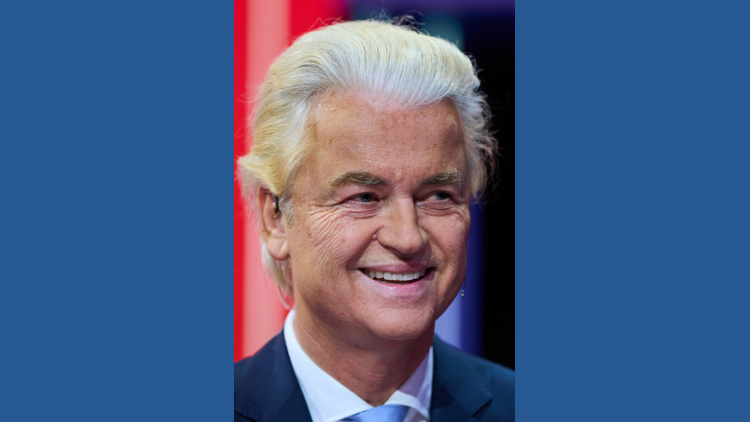The Dutch general election on March 15, 2024, is shaping up to be a fiercely competitive contest for all 150 seats in the lower chamber of parliament, known as the Second Chamber. Key political figures include the controversial leader of the Party for Freedom, Geert Wilders, and Frans Timmermans, representing the center-left bloc formed by the Labor Party and Green Left.
Geert Wilders, known for his outspoken criticism of Islam, has been a prominent figure in Dutch politics for years. Following a surprising victory in the last election, his Party for Freedom has emerged as a significant force. Despite his success, Wilders was unable to secure the prime ministerial position, leading to the appointment of Dick Schoof, a seasoned civil servant, as premier. Wilders’s previous near-miss at power occurred in 2010 when he supported a minority coalition led by then-Prime Minister Mark Rutte, which he ultimately helped to collapse over budget cuts.
Wilders, aged 62, has faced significant personal challenges, including living under constant security due to numerous death threats. In 2014, he was convicted of insulting Moroccans during an election rally, a ruling he condemned as a “political trial” that undermined freedom of speech.
Timmermans, a former Dutch foreign minister and vice president of the European Commission, has taken a leading role in the newly formed center-left alliance. His party’s recent merger with the Green Left has positioned them as a strong challenger to Wilders’s party. At 64, Timmermans gained international recognition in 2014 after delivering a heartfelt speech to the United Nations Security Council following the downing of Malaysia Airlines flight MH17 over Ukraine.
As the election campaign progressed, Timmermans’s party faced challenges, including a police complaint regarding the distribution of AI-generated images that depicted him in a compromising situation. These images were circulated by members of Wilders’s party, prompting an apology from Wilders, though no disciplinary measures were announced for the individuals involved.
Another contender, Jesse Bontenbal, is leading the center-right Christian Democratic Appeal (CDA). Since assuming leadership in August 2023, he has worked to rebuild the party’s standing after it experienced a significant loss of ten seats in the last election. Bontenbal, 42, has focused on promoting a return to integrity in Dutch politics, a response to several scandals that have damaged public trust. His background includes a commitment to sustainability, having stopped flying in 2006 to reduce his carbon footprint.
The People’s Party for Freedom and Democracy (VVD), historically led by Rutte, is now under the leadership of Yeşilgöz-Zegerius, a former refugee from Turkey. At 48, she aimed to become the first female prime minister, but her party has struggled, facing polling challenges as it falls behind both Wilders and Timmermans’s factions. The VVD’s internal tensions have compounded her difficulties, especially after Wilders’s party withdrew support from the coalition government due to disagreements over immigration policies.
At 38, Rob Jetten represents the centrist D66 party, which has seen a resurgence in polling leading up to the election. Elected to parliament in 2017, he has previously held leadership roles within his party and recently reassumed the position ahead of the election. Jetten has been vocal about the challenges of homophobia he has faced during his career, further illustrating the social dynamics at play in the Netherlands.
As election day approaches, the political landscape remains fluid, with Wilders’s populism and the center-left’s progressive ideals set to clash in what promises to be a pivotal moment in Dutch politics. The outcome will not only determine the composition of parliament but also the direction of the country’s policies on immigration, climate change, and social cohesion.
